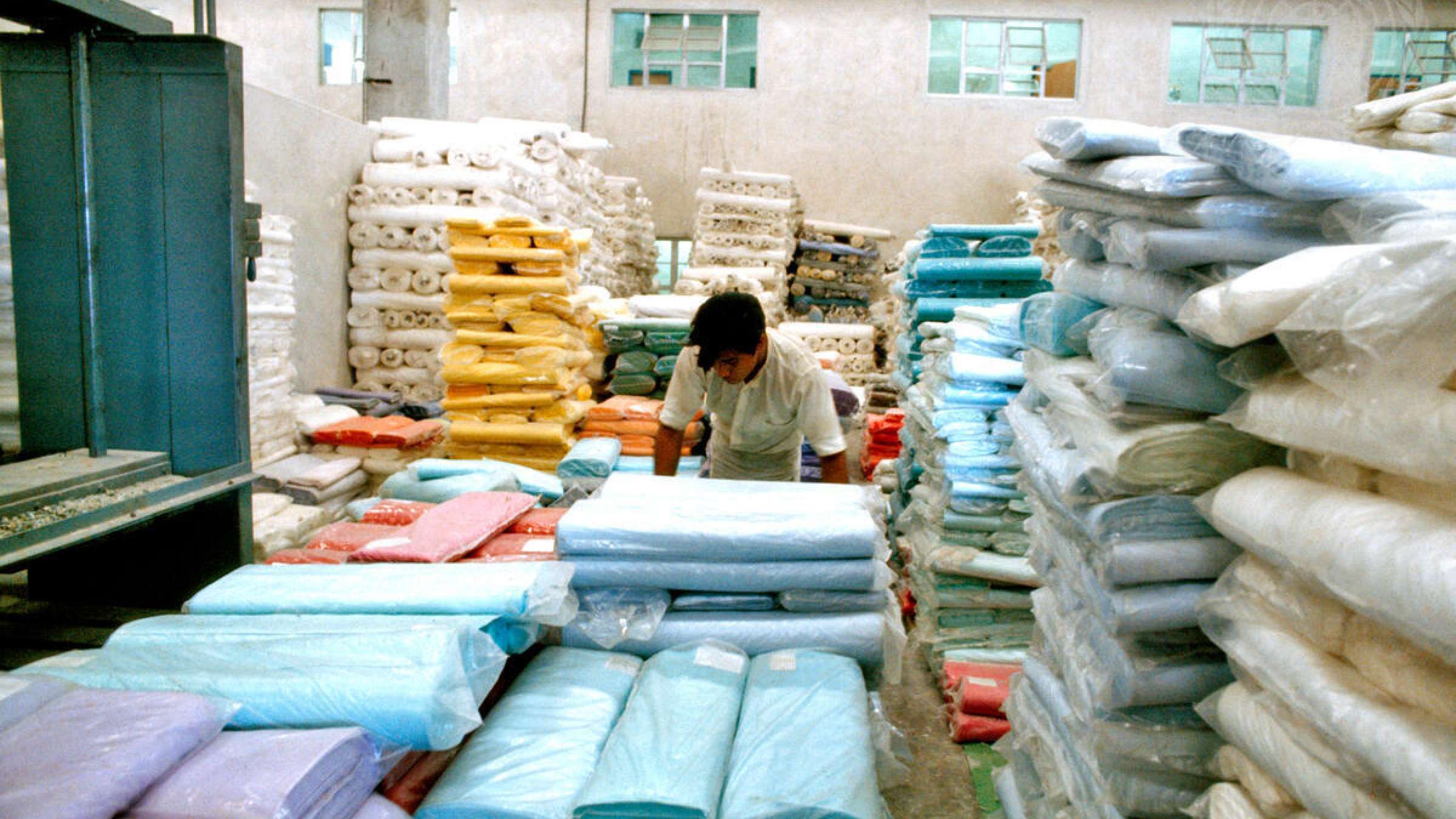Transformative Financing Options to Build Resilience
Societies continue to bear increasing costs from natural hazards as population growth, the geographic concentration of economic and infrastructural assets in vulnerable areas, and the effects of climate change are accelerating exposure to potential losses.
The financial losses from disasters are a systemic financial risk. They cascade through the financial system, with capital flight from vulnerable sectors and communities, sovereign credit risk, sovereign defaults, sudden and sharp write downs from devaluation and insurance premiums. This can create new risks and/or reinforce existing inequalities. Ultimately, they challenge the ability to raise investment to increase resilience.
Resilience requires a layered financial strategy bringing to bear all sources of financing and risk prevention projects need to draw on all potential beneficiaries for funding. Innovative financing models such as blended finance and impact investing have emerged as tools for addressing risks and encouraging the private investments that can transform people’s lives and contribute toward Sendai Framework implementation. This session will discuss and explore the implementation and scale-up of innovative market-driven products and options for the financing of resilience.
Session objectives
- Identify barriers to, and opportunities for, developing and implementing transformative disaster risk reduction financing.
- Share examples of transformative financing options that demonstrably reduce risk and build resilience.
- Relevant stakeholders from the public and private sector within the disaster risk reduction and financing communities, are engaged and committed to improve cooperation on transformative financing.
Moderator
- Gerard Guèdègbé - Independent journalist
Speakers
- Didier Trebucq - UN Resident Coordinator in Barbados and the Eastern Caribbean, United Nations Resident Coordinator Office
- H.E. Walton Alfonso Webson - Permanent Representative, Permanent Mission of Antigua and Barbuda to the United Nations
- Don Iveson - Executive Advisor, Climate Investment and Community Resiliency, Co-Operators Insurance
- Charlotte Benson - Unit Head, Disaster Risk Management, Sustainable Development and Climate Change Department, Asian Development Bank
Experience this event
Watch the session
Documents
Learn more
Read this section to learn more about the topic of innovative and transformative financing for resilience, ensuring you come prepared to the session.
Where do we stand?
While financing for disaster risk reduction has received significant attention, with high-level events and publications emphasizing the need for financing, key challenges remain. These include:
- Lack of specific measures to ensure resilience to future disasters.
- Insufficient financing for prevention.
- Lack of incentives for stakeholders to invest in prevention and resilience.
- Lack of comprehensive and layered financial strategies.
At the same time, there are opportunities which could put us on the path to sustainability and resilience. These include:
- Accelerate financing in prevention through mechanisms such as blended finance, Environmental Social and Governance (ESG) standards, bonds and integrated national financing frameworks (INFFs).
- Mainstreaming of disaster risk reduction in the activities of financial institutions.
- Introduce prevention as a key criterion in ESG standards, as well as in existing bonds (climate-resilience bonds, green bonds, social and sustainability linked bonds), to help leverage finance for prevention, adaptation and mitigation actions.
- Identify paths for improved cooperation between sectors and stakeholders for holistic decision-making and implementation of options
Session guiding questions
- In what ways are current finance models contributing or not contributing to resilience? What barriers need to be removed?
- What sorts of innovative models are there that could be scaled up and implemented in different contexts?
- What policies and incentives for financing should be put in place to meaningfully engage different stakeholders?
- How can we ensure that humanitarian, development, DRR and climate change financing mechanisms support resilience in a more coherent, efficient and effective manner?

Agenda
Location
BNDCC 2-Ground Floor
Online access
Participation
Open to those registered for the conferenceInterpretation
AR, EN, FR, RU, ES, ZHDetails
Contact
Abhilash Panda, [email protected] Jenty Kirsch-Wood, [email protected]
